The facts about ZTE in DR Congo
- Rural Modernity
- 03 May 2012
With publication of the Land Matrix, the inaccurate claims of a 2.8 million ha land deal by China's ZTE in Congo are alive again. Here's a look at the facts.

With publication of the Land Matrix, the inaccurate claims of a 2.8 million ha land deal by China's ZTE in Congo are alive again. Here's a look at the facts.
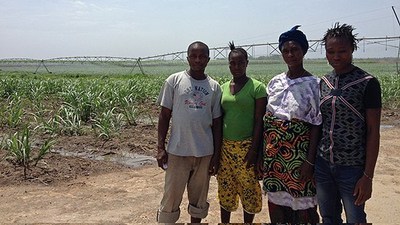
Swedfund, the Swedish development investment company, has invested tens of millions in a company that will produce ethanol in Sierra Leone, but the local people affected by water shortages and hunger when the company took over their land. Now the inhabitants urge Sweden for help.
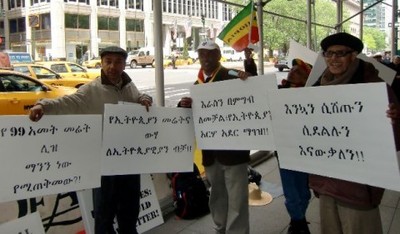
On the evening of April 24, following a daylong rally against large-scale land investment deals in poor nations, the Waldorf Astoria hotel in Manhattan became the venue for a 30-minute light show against land grabs in Africa.
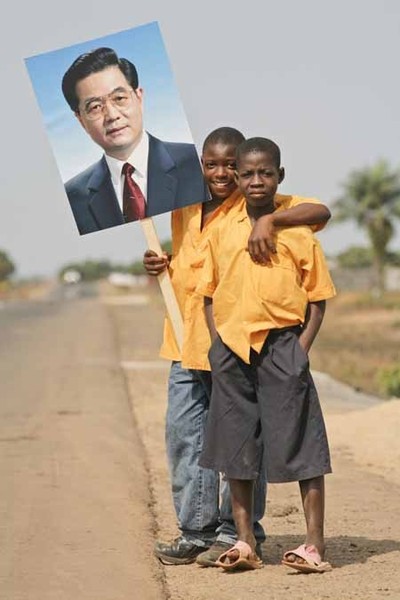
Claims of Chinese "land grabs" in Africa, to grow food for importing, have been overstated – for now - although "this could be a longer term motivation", Standard Chartered said.
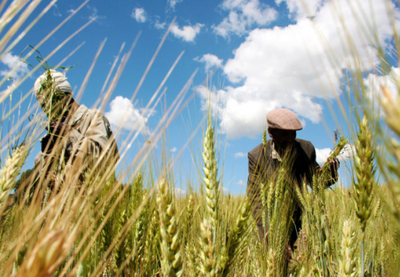
Sixty years on, controversial agricultural projects are back in fashion in Africa and other parts of the developing world as investors - from foreign governments to wealthy individuals - hunt for land to grow food.

The Arab countries in the Middle East and North Africa make up nearly 5 percent of the world's population, yet take in more than 20 percent of the world's grain exports.

A global food crisis and rapid population growth are making farmland an increasingly attractive investment. Holly Black looks at the options.

Attracted by the low cost of agricultural land, Farmers from elsewhere in the EU are taking the plunge to set up in Romania.
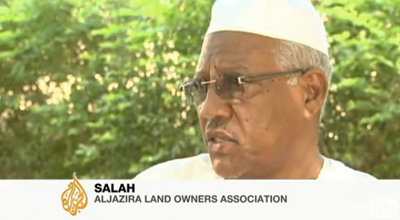
Dalla Al Baraka, a Saudi conglomerate with $5 billion in annual revenue, has acquired two million acres of farmland in eastern Sudan to produce food for export to the Middle Eastern kingdom. While the investors are hoping to wean Saudi Arabia off imports from South America, such agreements cause concern among local Sudanese farmers.

Last week, the Land Matrix "land grab" database was released. On paper, they have a strong methodology and strict criteria about projects to be included. In practice, they seem to violate their own rules, at least when it comes to Chinese "projects" in Africa.
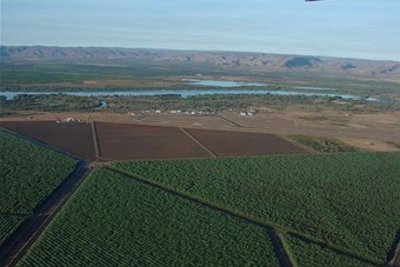
A Chinese investment group has reportedly lodged a bid to buy the entire 15,000 hectares of the Ord Expansion Project in the Kimberley region of Western Australia.
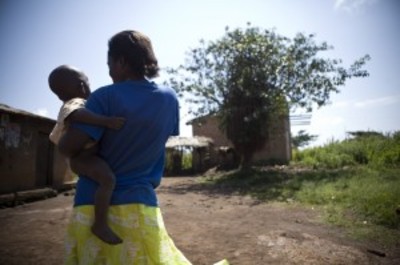
The price for Alliance’s investigations into cases of land grabbing has been set so high that once paid it will become extremely risky for anyone to question the vices of land grabbing and forceful evictions of innocent citizens.